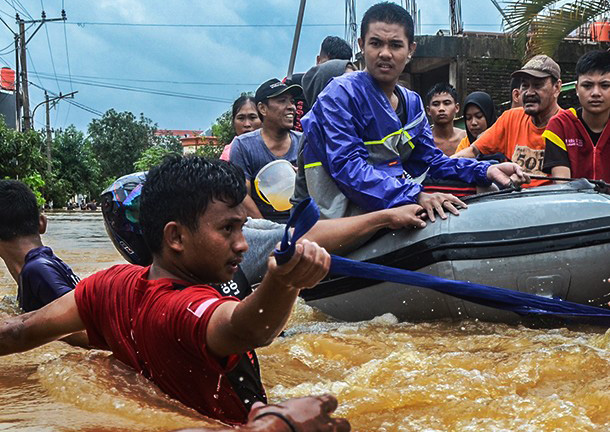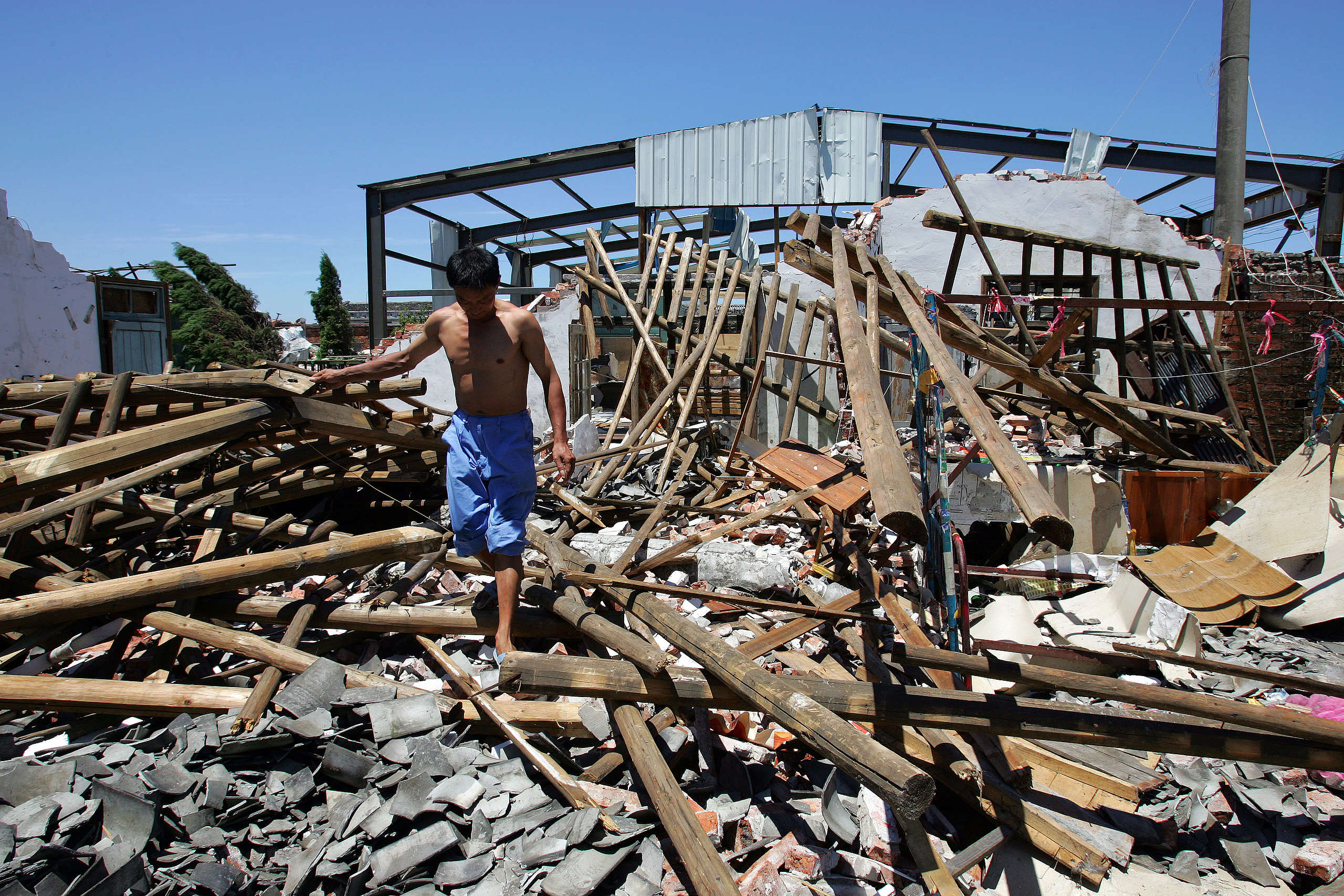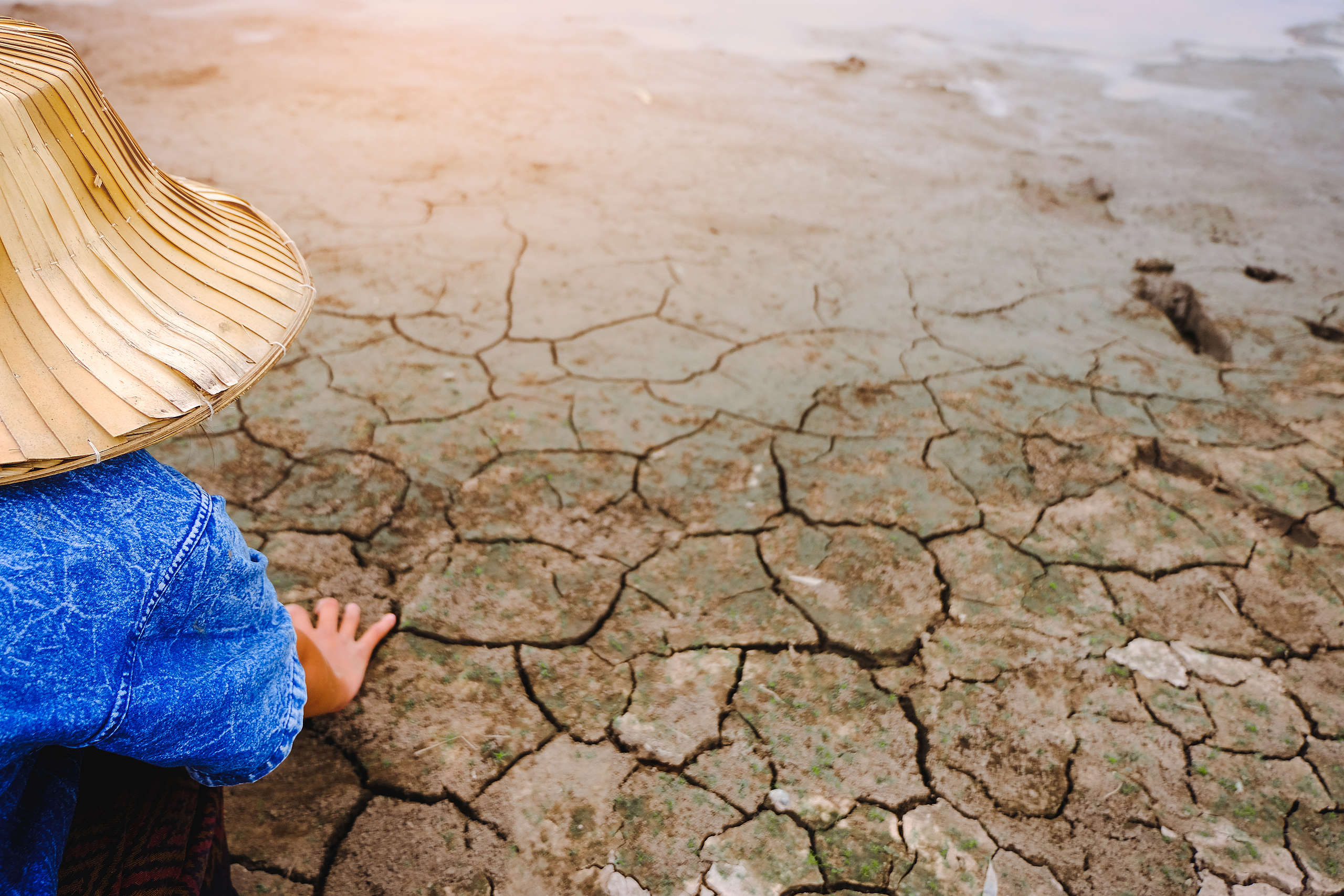Beijing – As farmers around China respond to climate change’s impact on their livelihood, including rising temperatures, changing rainfall patterns, climate disasters, and seasonal changes, among others, a new report from Greenpeace East Asia indicates the critical role that farming cooperatives and local enterprises can play in climate adaptation.
Greenpeace East Asia Beijing-based senior researcher Li Zhao said:
“Farmers are responding to climate change with the resources available to them. But they have limited resources, support, or awareness about climate impacts to respond proactively. Adaptations were often provisional steps to remedy the most immediate crisis. The costs that farmers accrue in responding to climate change still go unseen by society at large. Some farmers have quit altogether, while many are determined to adapt. Adaptation requires a mix of institutional support and enabling local solutions.”
The report examined small-scale traditional farmers as well as farming cooperatives and moderately large-scale enterprises,[1] in three different areas with diverse climates, including on the northern edge of the China central plain near Baoding City in Hebei Province; on the Loess Plateau, north of Xianyang City in Shaanxi Province; and an urban farming area in the southeastern part of the Chongqing municipal area. The report combined observation and interviews with analysis of socio-economic data and climate data including meteorological records and local almanacs.
Climate data dating back to the 1970s evidences temperature rise and increased variability in precipitation. In interviews, farmers reported the particular impact of intensified wet-dry oscillations, where dry periods are more prolonged and rainfall is more torrential. In the Hebei case study, there was from 1971 to 2000 only one instance of drought with more than 100 days of no effective rainfall. But since 2000, there have been three such droughts. During the same period, the region saw a continuous increase in maximum consecutive rainfall, which is a key measure of flood risk. Many farmers have responded to extreme weather stress by switching crops away from wheat to maize and sweet potatoes, which require less water and labor.
In the Chongqing case study, some adaptations have been more structural. Meteorological records indicate similar trends of warming and a larger range of annual precipitation, expanding from a range of 850-1250 mm of rainfall in a year from 1971-1995 to 750-1620 mm in a year from 1996-2024. Farming cooperatives were central to shifting crop selection to adapt to seasonal changes, diversifying to agro-tourism, and implementing measures like water-saving irrigation, as a response to some of the impacts of drought-flood oscillation. And after the 2022 drought, traditional farmers benefited from local enterprises making larger equipment like rotary tillers available for rent.
Farming cooperatives and enterprises have the potential to act as a hub that enhances the resilience of farming communities, pooling resources for post-disaster recovery and facilitating knowledge transfer and mutual aid between farmers. At the same time, case studies indicate farming cooperatives and enterprises are particularly vulnerable to extreme weather events, as they tend to incur additional costs on infrastructure and machinery to generate yield and quality, making sunk costs higher in the event of a climate disaster.
Li said:
“Providing widespread support to local solutions is important. Farming cooperates and enterprises’ current role indicate strong potential as an access point to drive adaptation. The research evidences a connection between strengthening social cohesion and developing climate resilience. Mutual aid and resource sharing are critical after climate disasters strike.”
Greenpeace East Asia calls for building accessible platforms to translate scientific knowledge into actionable tools for local farmers. Climate adaptation policies should take into account the realistic obstacles that farmers face. Enhancing farmers’ climate resilience means developing multi-stakeholder support systems that optimize financial support, promote technological innovation, enable resource sharing and mutual aid, and motivate local-level action to lead climate adaptation.
ENDS
The full report is available here (in Chinese).
Notes
- Both farming cooperatives and moderately large-scale enterprises are classified as “new agricultural operating entities” (NAOEs), or “新型农业经营主体” in China.
For media enquiries please contact:
August Rick, Greenpeace East Asia, Beijing, ([email protected])
Greenpeace International Press Desk, [email protected], +31 20 718 2470 (24 hours)



